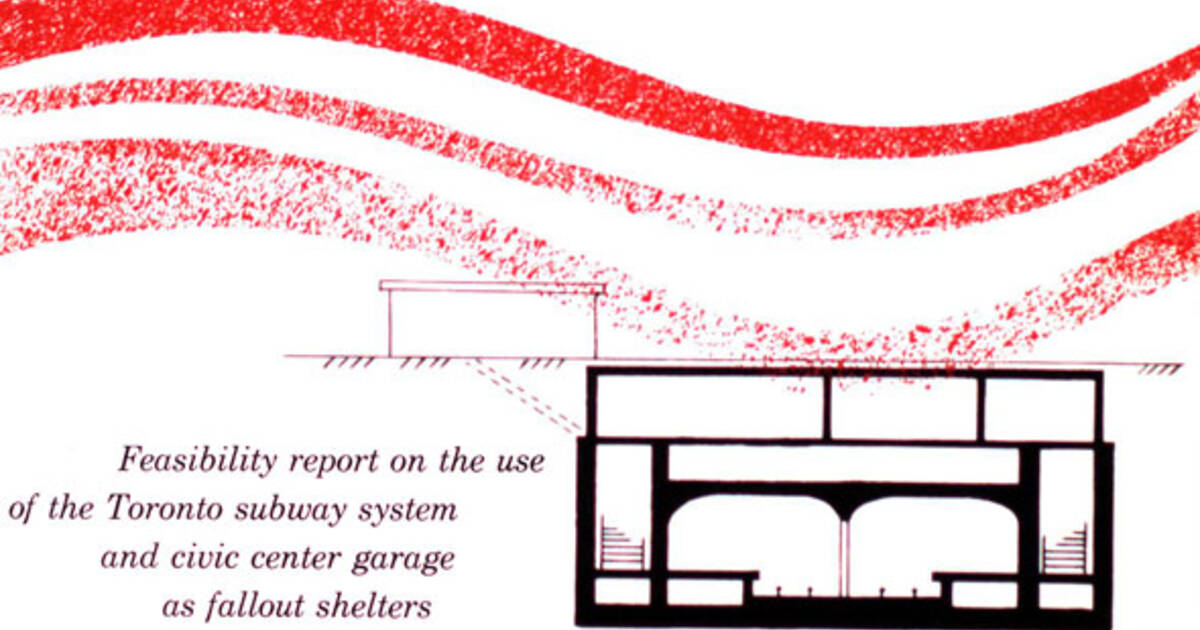Allandale25
Senior Member
From an email:
The Residential and Civil Construction Alliance of Ontario has launched its third podcast in a nine-part series. This week’s podcast is Infrastructure Ideas – Priorities for Ontario. It is part of a series called Conversations About Construction that is aimed at raising awareness about a range of issues affecting the industry and society...dialogue with transit researcher and journalist Stephen Wickens about the importance of building new projects such as the Ontario Line. Wickens authored the recent report, Station to Station: Why Subway-building Costs have Soared in the Toronto region, that was commissioned by RCCAO.
A link to the news release can be found here.

